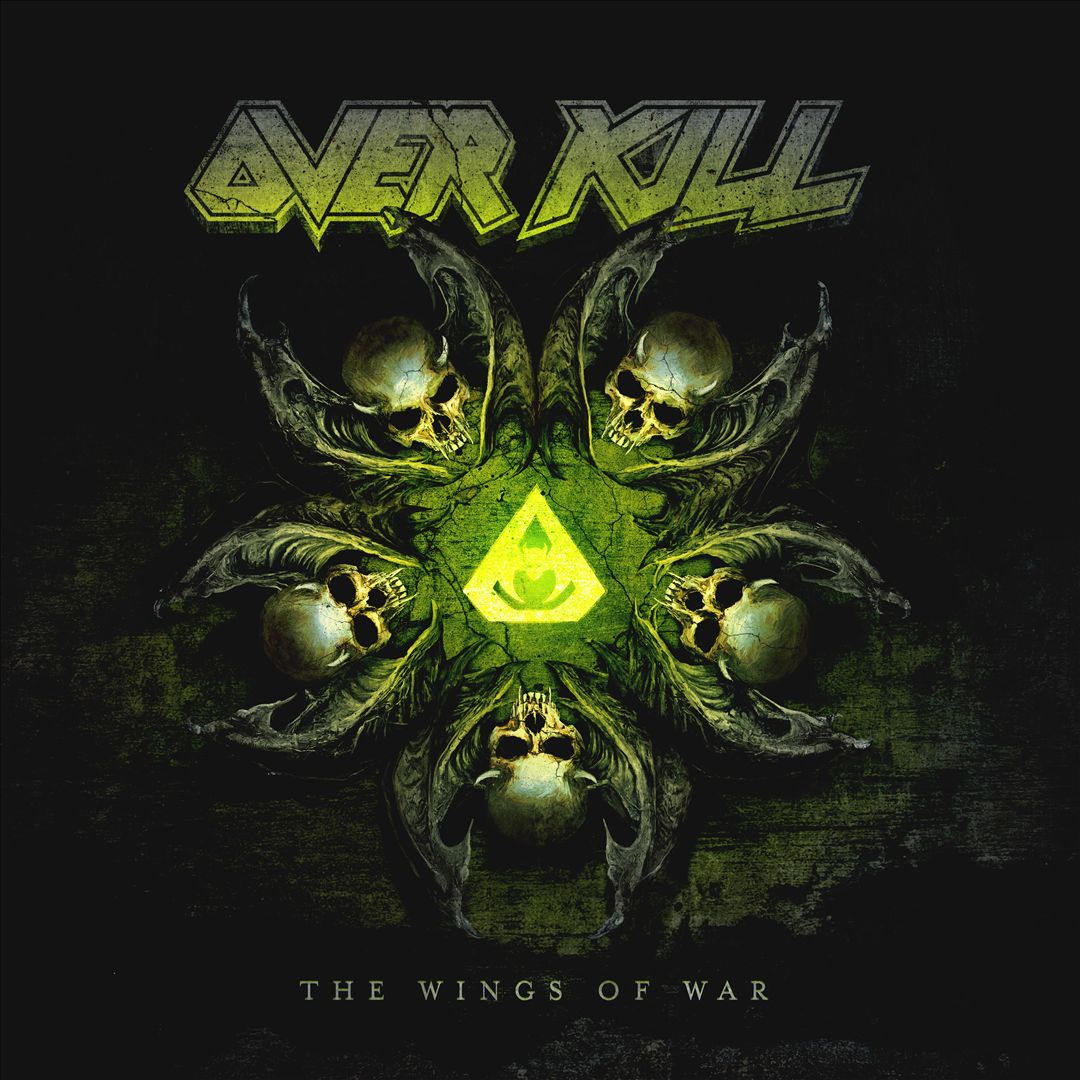Interview Narumi: Free from restrictions

One of the most striking Japanese releases in 2018 was debut EP ‘The Seed’ by Narumi. This guitarist is mainly known for her work with power metal bands Destrose and Disqualia. However, on her instrumental solo debut, she displays a completely different side of herself. One that can still get heavy at times, but elements from film music and jazz fusion are at least as prominent. These types of records often end up being endless exercises of virtuosity, but Narumi keeps the melodies front and center in her surprisingly well-written songs. Her skills are impressive, but don’t get in the way of her songs. Plenty of reasons for a conversation with the guitarist.
The fact that these songs are so focused on atmospheric melodies is not that surprising, considering Narumi’s approach. “I made this EP from beginning to end as if I was writing a fantasy novel“, she explains. “If you can feel that whole view of the world, I am very pleased about that. Strictly speaking, there were no songs written in advance before I started working on the project. What I did have was a lot of idea fragments. After the concept for the EP became clear, I finished them as songs within two or three months.”
‘The Seed’ has seven instrumental tracks. That was not always the idea though. “Originally, I had planned to sing the song ‘1921’ myself“, Narumi admits. Not that strange, as she has been doing backing vocals for several projects. “But when I recorded my vocals, I could not convince myself of my singing. That is why I fixed it by re-writing it as instrumental music. During the production, I think about an image to give the songs their rough titles. When the song is completed, I alter the words to match the image if necessary.”
Independent
Interestingly, ‘The Seed’ is entirely the vision of just Narumi and her producer and arranger Issei Ambo. “I played all the guitar parts, everything else has been programmed by Issei Ambo“, she confirms. “This way, I was able to create freely, free from various restrictions, such as the intentions of a record label or finding a compromise between conflicting opinions of others. It was important for me to approach this solo project that way. I think it is interesting to see that the number of these kinds of independent artists is increasing worldwide.
So far, I have only played in rock bands with twin guitars. I was trying to create this tight and aggressive high-gain sound that is unique to active pick-ups. But this time, I wanted to create a totally different sound in order to pick up my performances when I was playing softly and delicately as well. For the recordings, I used Ibanez and Kramer guitars through a Kemper Profiler amplifier. I edited the sounds of the Bogner and the Friedman a little and used those sounds to record the songs.”
Evolving
“The style in my previous activities was only a small part of who I am. And I am still evolving. My favorite musician is Sugizo, one of the guitarists in the famous Japanese rock band Luna Sea. But I also think guitarists like Plini and Steve Vai are great. There are so many that I cannot mention them all.
I started playing guitar shortly after Michael Jackson passed away. Orianthi was broadcast playing the guitar and that image of her really impressed me. When I was studying at a music school, Destrose contacted me, because they were looking for a female guitarist. That was the start of my career. Although I was not originally a metal guitarist, I started playing rock and metal styles according to the direction of each band after I debuted with them.”
Future
Now that ‘The Seed’ has been out for a while, the logical question would be what the future has in store for Narumi. “I would like to play these songs live in the near future“, she says. “But for now, I’d like to increase the number of songs for my solo project before I start playing live. Apart from my solo project, I am currently preparing to launch an all-female band. Please keep an eye on that!”
‘The Seed’ can be ordered through Narumi’s website. Just the EP costs 2000 yen and for 3200 yen, a bundle with the EP and a photo book can be ordered. The orders can be shipped internationally for only 200 yen.
Originally published in Dutch on The Sushi Times



